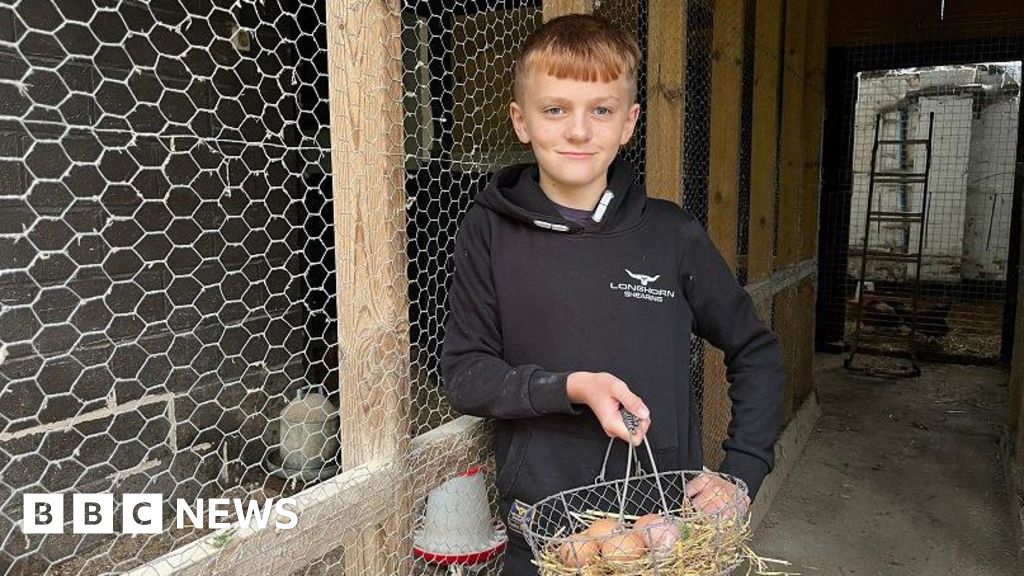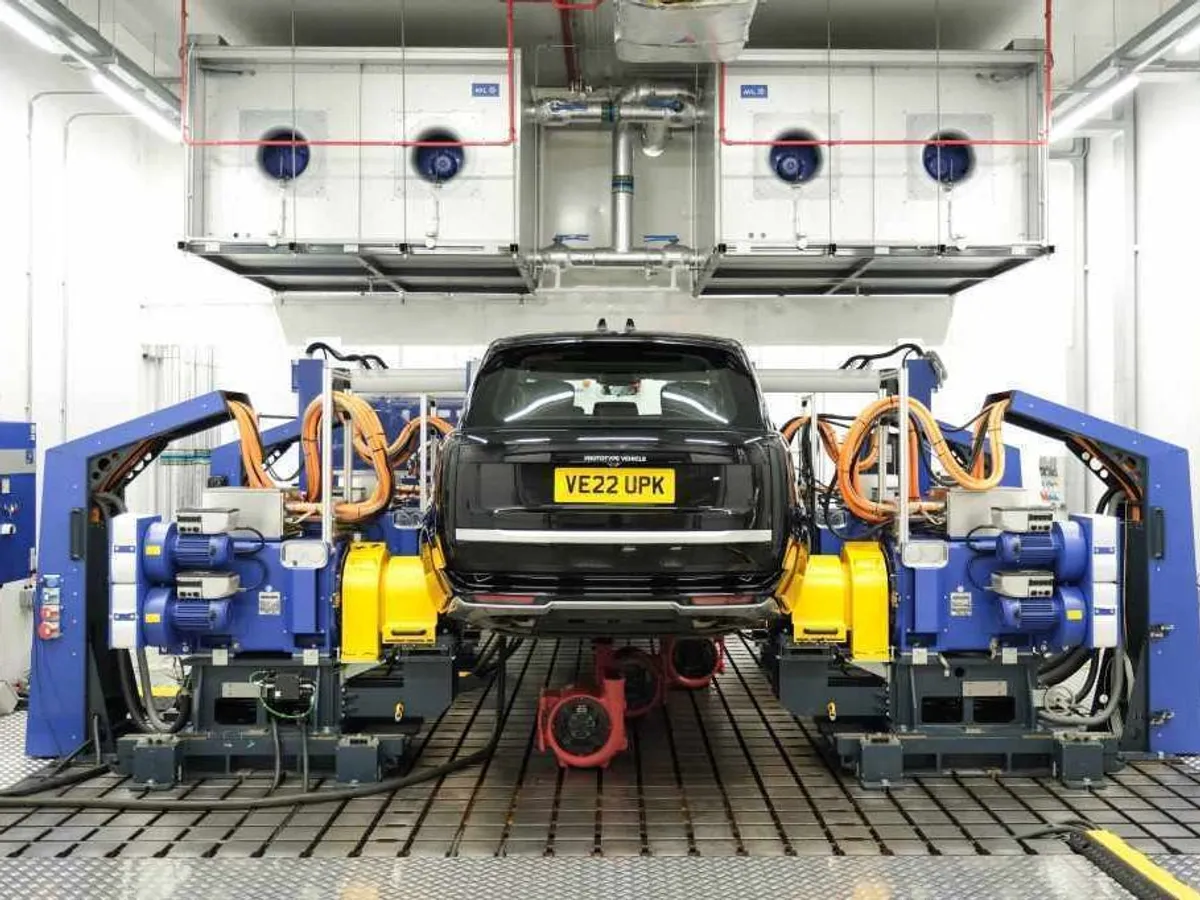By Tribune Online
Copyright tribuneonlineng

By: Petra Akinti Onyegbule
At the peak of the EndSARS protests five years ago, Lagos which was the epicenter of the movement teetered on the edge of anomie. Order gave way to anarchy; looting, arson, and the tragic loss of both civilian and police lives engulfed the city in tensed grief. Amid the chaos, one viral video punctuated social media horde of analysis – a military officer calmly defusing a tense confrontation and appealing to an audience of angry youths to embrace peace and dialogue. His composure and humanity warmed my heart and sparked a debate.
I made a post about it then on my Facebook page. While some agreed with my perspective, others argued that the military had no business interacting with citizens in such a manner. I disagreed. Soldiers are humans too. Their uniform, I insisted, should be a bridge, not a barrier.
Five years later, I had the opportunity to test that conviction. I was invited to join the Nigerian Armed Forces at an outreach to the Durumi IDP Camp, Abuja, led by the Chief of Defence Military-Civil Relations (CDMCR), Rear Admiral OlusanyaBankole, representing the Chief of Defence Staff, General Christopher Musa.
On the way to the camp, Rear Admiral Bankole, on whose invitation I joined the outreach, briefed me on the many humanitarian missions the military undertakes nationwide. Yet nothing could have prepared me for what awaited: rows of women and children – displaced, vulnerable, and bearing the scars of lives upended by insecurity.
The visit began with a tour of the camp’s modest clinic and school. Afterwards, Rear Admiral Bankole addressed the residents, explaining that the outreach, undertaken at the instance of the Chief of Defence Staff, was to distribute food items and exercise books to schoolchildren as a new academic term begins.
Speaking firmly yet with fatherly empathy, he reminded the residents that the Chief of Defence Staff is not only Nigeria’s top military officer but also a father who is committed to seeing displaced children equipped for a future of peace.
Other senior officers added their voices, charging the residents to remain vigilant, security conscious, and to contribute positively to peace within their communities.
While the speeches were important, it was the human interactions that stayed with me.
I spoke with Aisha, a widow in her early thirties who said she has been in the camp for six years. Holding her daughter close, she told me: “Sometimes it is difficult not feel alone but on days like today, when I saw the soldiers come with food and books, I felt seen again. My little girl will return to school with hope”.
Nearby, Ibrahim, a teenager of 14, beckoned to me as I shared books. As he reached out for his, he smiled shyly and said “thank you Aunty. I will become a soldier.”
These words reminded me that humanitarian gestures are not about the size of the items given, but about restoring dignity and fueling hope.
This outreach carried added weight because September 21 is the International Day of Peace. Rear Admiral Bankole used the occasion to remind parents of their responsibility to model peaceful coexistence and to raise children who value harmony over conflict. “Peace is central to security,” he declared.
Then just as distribution ended, something remarkable happened. Music filled the air, and dancing broke out. Civilians and senior military officers moved together in rhythm. Faces once stern softened into wide smiles. For a brief moment, hierarchy dissolved into humanity as gratitude overflowed in laughter, song, and dance.
Watching this, I was struck anew by the truth that gratitude is an attitude and not defined by possessions.
While civil–military relations (CMR) are sometimes misunderstood (as happened five years ago), their value is clear. They are not about propaganda or optics but about building a society where citizens and soldiers see each other as partners in peace building and security. The benefits of CMR are profound:
Trust Building: Outreach events like this break down suspicion and foster goodwill between citizens and the Armed Forces.
Conflict Prevention: Direct engagement dispels rumours and creates dialogue that can prevent small grievances from escalating.
Human Security: By providing food, healthcare, and educational support, the military shows that security extends beyond guns and borders to the welfare of citizens.
Peace Education: Linking the outreach to the International Day of Peace reinforced the idea that peace begins in homes and communities.
ALSO READ: FULL LIST: 43 past Olubadan of Ibadanland
National Unity: When civilians see military officers sharing joy and humanity, it strengthens the sense of common identity and shared destiny.
As I left the camp, my heart was full with joy and gratitude. What began as a simple distribution of palliatives turned into a powerful reminder that my conviction five years ago was right: the military does have a role in civil engagement.
Through the Civil–Military Relations initiative of the Defence Headquarters, hope is being restored where despair once reigned. In combating insecurity, the Nigerian Armed Forces are not only keeping the peace but also breaking down walls of mistrust, one act of service at a time.
God bless all lovers of peace.
God bless the Nigerian Armed Forces.
God bless the Federal Republic of Nigeria.
Petra Onyegbule writes from Abuja



